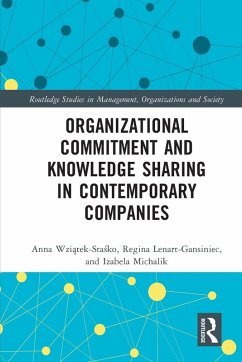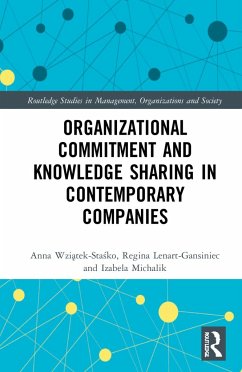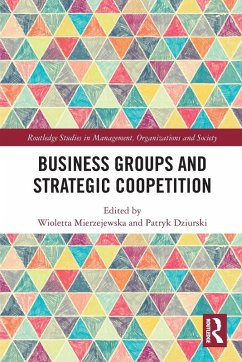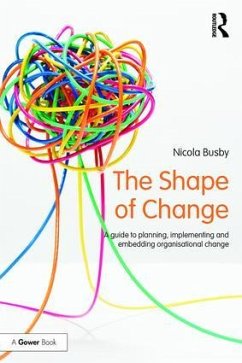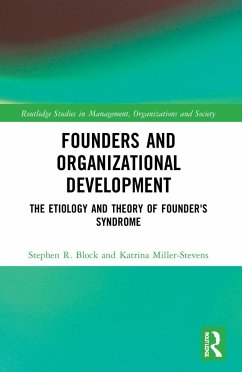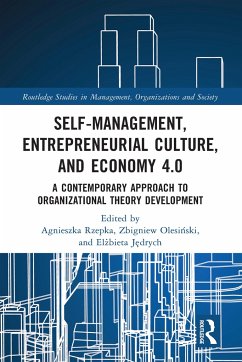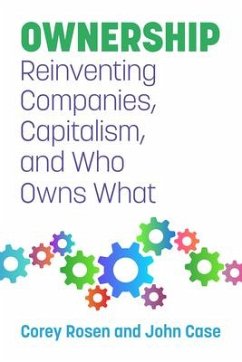
Relational Capital in Business
Innovation, Value and Competitiveness
Versandkostenfrei!
Versandfertig in 6-10 Tagen
154,99 €
inkl. MwSt.

PAYBACK Punkte
77 °P sammeln!
The concept of relational capital mainly refers to the value of the relationships a company creates with its stakeholders. These relationships inspired the authors to analyze their importance in the context of creating value for the enterprise and to explore the importance of leadership and communication in building relationships with the environment. Internal relational capital refers to the organization's set of intellectual property, work processes and methods, executive procedures, databases, communication and information infrastructure. Employee relations and leadership activities become ...
The concept of relational capital mainly refers to the value of the relationships a company creates with its stakeholders. These relationships inspired the authors to analyze their importance in the context of creating value for the enterprise and to explore the importance of leadership and communication in building relationships with the environment. Internal relational capital refers to the organization's set of intellectual property, work processes and methods, executive procedures, databases, communication and information infrastructure. Employee relations and leadership activities become pivotal in this context, as improving relational competence and intra-organizational relational capital can foster building lasting relationships with external stakeholders. This book comprises two parts. The first is devoted to discussing the most important concepts and issues related to the essence and importance of relational capital in modern companies, characterizing methods and tools for building relational capital, while pointing to the role of leadership in shaping employee engagement and building intra-organizational relationships. The second part contains the results of empirical research on the importance of relational capital in organizations from the point of view of managers, and the features and scope of maintained relationships with stakeholders. This research allowed for the evaluation of ongoing relationships in terms of how they improved innovation, financial performance, or access to resources. The book will be especially valuable to researchers, academics, professionals and advanced students in the fields of organizational studies, employment relations and leadership.





